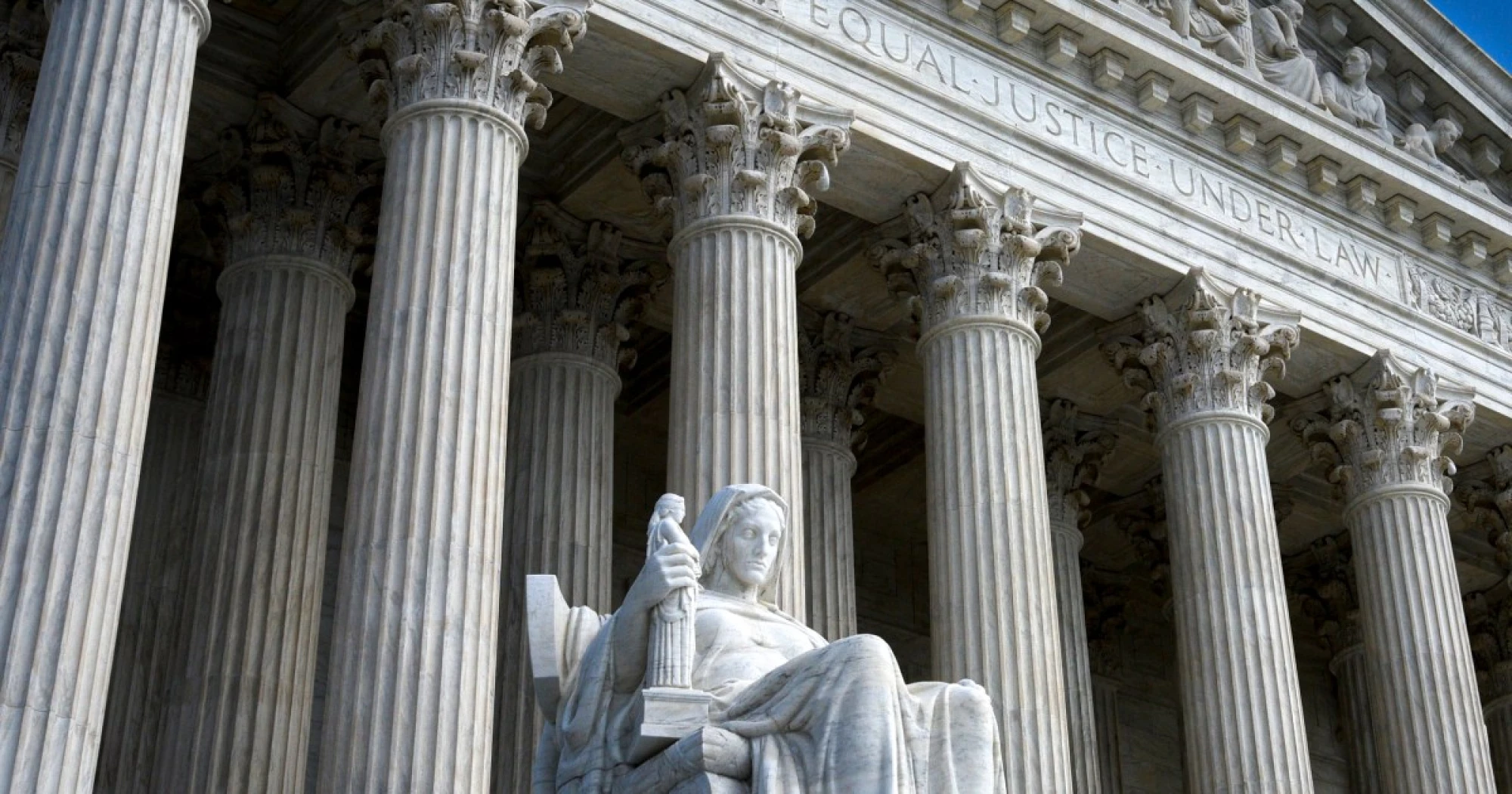Supreme Court ruling on transgender youth medical care leaves broader legal questions unresolved

The Supreme Court's ruling that upheld a Tennessee law banning certain care for transgender youth left various legal questions open even as other laws aimed at people based on gender identity, including those involving sports and military-service bans, head toward the justices.
WASHINGTON — The Supreme Court ruling that upheld a Tennessee law banning certain care for transgender youths left various legal questions open, even as other laws aimed at people based on gender identity, including those involving sports and military service bans, head toward the justices.
That means that even though transgender rights activists face a setback, the ruling does not control how other cases will ultimately turn out.
“This decision casts little if any light on how a majority of justices will analyze or rule on other issues,” said Shannon Minter, a lawyer at the National Center for LGBTQ Rights.
Most notably, the court, which has a 6-3 conservative majority, did not address the key issue of whether courts should automatically review such laws with a more skeptical eye, an approach known as "heightened scrutiny." Practically, that would mean laws about transgender people would have to clear a higher legal bar to be upheld.
The justices skipped answering that question because the court found that Tennessee's law banning gender transition care for minors did not discriminate against transgender people at all.
Rating: 5